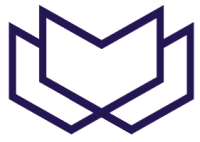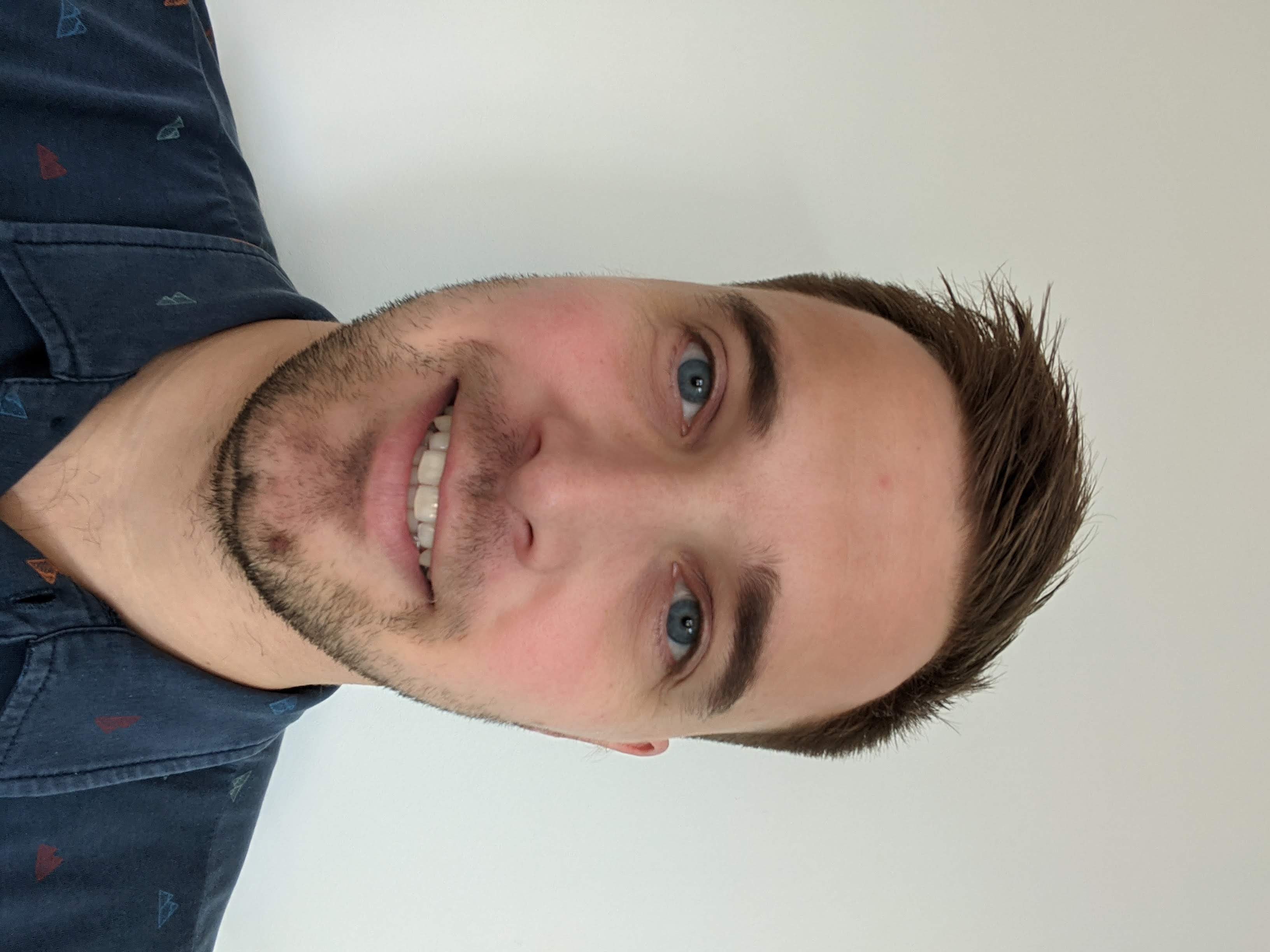29/10/2020 - Visug XL
Sessions
WebRTC: An introduction to online video conferencing
We've all been using online video conferencing tools over the past few months. Some of us use Teams, others use Zoom.
Many of these platforms are built on WebRTC, even though we might not realize it, nor do we know how it works.
In this session I'll introduce you to WebRTC, how it can be used and show you how to use it in a browser.
Speaker(s)

Lode Kennes
Passionate programmer, currently working as a .NET developer at Axxes.
Azure Resource Manager templates deep dive
There are multiple options in Azure to create your resources like VMs, databases or Web Apps. The Azure Resource Manager is one of them and ideal for infrastructure as code scenarios. In this session we will spend a few minutes on the basics of ARM and then quickly go into more depth on the advanced ARM-template topics! First, we will talk about how to organize your templates. As with normal code, we will try to create nicely structured and reusable templates. Linked templates can help tremendously with that so we will dive in those as well. We will look at quite some interesting template functions because they will make our templates more powerful and reusable. KeyVault comes in to play to show you how we can store our secrets or certificates there and have them available during deployment of our infrastructure. Last but not least I will show you how to use the array and object parameters to handle input in more complex scenarios and deploy your templates using Azure DevOps.
Speaker(s)
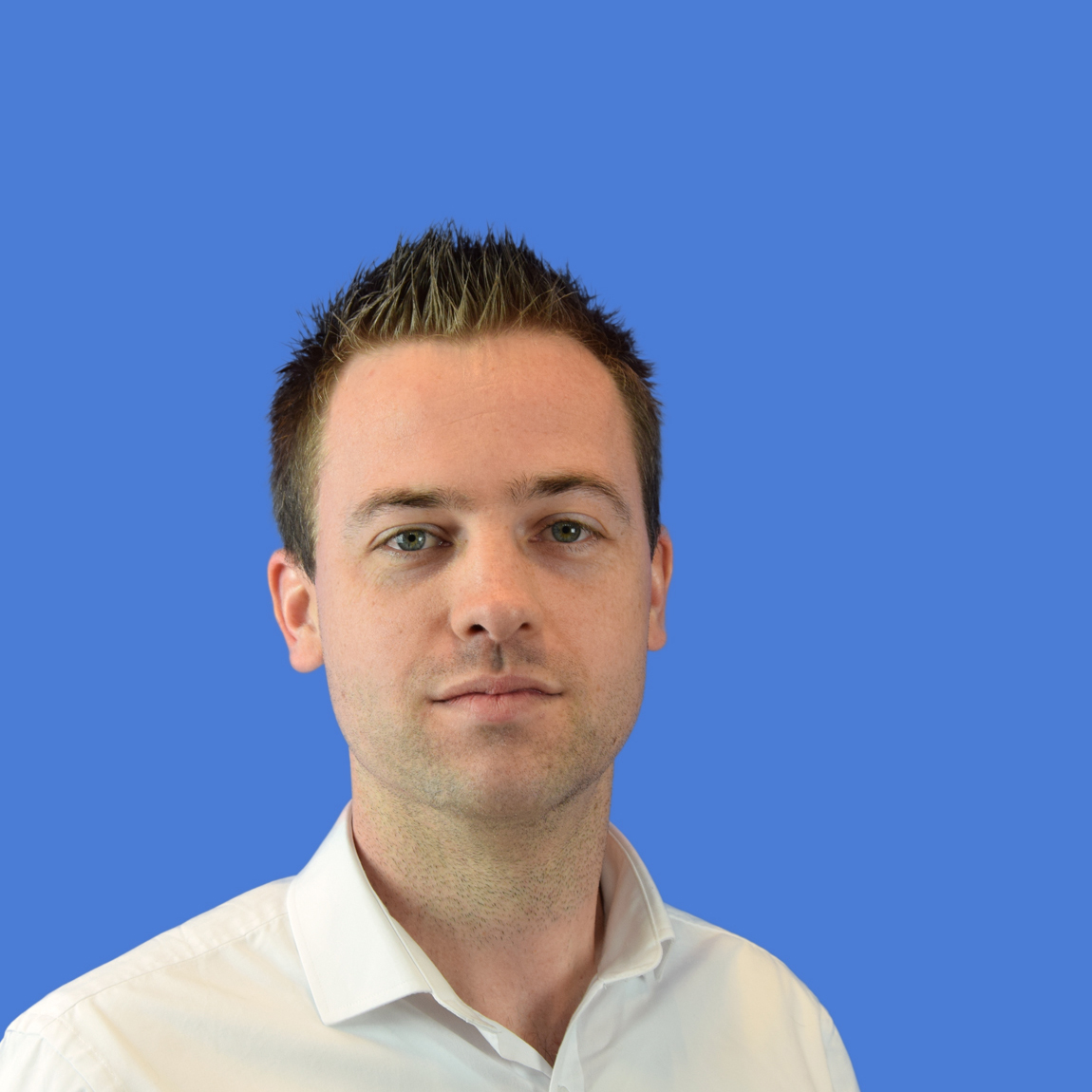
Erwin Staal
Erwin Staal is a Azure Architect and DevOps Consultant at 4DotNet (Meppel, the Netherlands). He has over more than 10 years of experience with both small and large organizations. He likes to immerse himself in the latest technologies. Currently he is working a lot with ASP.NET Core, Docker and Kubernetes. As a DevOps Consultant he helps companies with the implementation of DevOps and Continuous Delivery.
Serving the right recipe for API authentication
Compared to a decade ago, the meaning of authentication has changed significantly. Modern applications not only authenticate users but also rely on authentication for API access and inter-service communication. Authentication mechanisms still include passwords, but also rely on API keys, signed JWT tokens, and cryptographic authenticators. With so many options to choose from, making the right choice becomes a difficult challenge.
In this session, we explore several authentication recipes for different scenarios. We will discuss authentication in API-based applications, microservice architectures, and, of course, modern user authentication scenarios. At the end of this session, you will be able to choose the right authentication mechanism for your application according to current best practices.
Speaker(s)

Philippe De Ryck
Philippe De Ryck is the founder of Pragmatic Web Security, where he travels the world to train developers on web security and security engineering. He holds a Ph.D. in web security from KU Leuven. Google recognizes Philippe as a Google Developer Expert for his knowledge of web security and security in Angular applications.
Adventures of building a multi-tenant PaaS on Microsoft Azure
Building a multi-tenant PaaS is not a walk in the part, certainly if the platform you are building on is constantly changing.
In this session I'll walk you through the adventure we've been on where you'll learn about the challenges we've had and how we approached them and whether or not our decisions worked out or not.
– How to design for scale
– How to operate the platform
– How to grow a platform mindset and force ownership
– How to provide user-friendly webhooks
– How to roll out changes
– How to design for multi-tenancy
– How to approach constant change
– etc
Cloud platforms are never finished so you'd better come prepared.
Speaker(s)

Tom Kerkhove
Tom works for Codit as an Azure Architect and R&D Manager. He's been recognized as a Microsoft Azure MVP & Advisor since 2014 and a GitHub Star in 2020. You can find him around on GitHub maintaining KEDA, Promitor, Azure Deprecation & Arcus.
He turns coffee into scalable & secure cloud systems and writes about his adventures on blog.tomkerkhove.be.
Generate super efficient code with reflection and Expressions
Reflection is slow, but sometimes this is the only option for dynamically discovering what to do. But with Expressions, you can generate very efficient code from your reflections and get blazingly fast execution. You should come to this session if your code requires reflection and is currently too slow.
Speaker(s)
Negotiation : How to get the best deal.
I want something you have. You want something I have. It can be a product, a service, money, time, … It’s not rocket science. It’s basic human to human interaction. No IQ required. It’s all about EQ. Understanding the other side of the table and making sure that the other side understands you. It’s not a battle, not because there aren’t any winners, it’s because after a good negotiation we don’t have losers.
Speaker(s)
CI/CD for a Data Platform: How to enable consistent data pipelines
Data lakes are becoming more and more mainstream with Azure Data Factory doing the orchestration. Therefore it’s necessary to take data pipeline development to the next level.
In this session you will learn about the advantages of CI/CD and discover how to integrate data factory development with Azure DevOps.
Speaker(s)
Building Cloud Native applications with .NET 5
Building cloud-native applications and services that will run in the cloud, both public and private, is an important decision to make in order to achieve continuous delivery, reliability and faster time to market. In this session, we will talk about building cloud-native services for Azure, using the latest version of .NET. What are containers? What is all this Kubernetes talk? Should you use microservices for all your future projects? How do you manage your data? How do you implement logging, metrics and secret management? There will be slides and there will be lots of demos!
Speaker(s)

Johnny Hooyberghs
Johnny Hooyberghs is a consultant for Involved since 2014 focusing on .NET architecture and backend development. Prior to joining Involved, he has had experience developing software for Corilus since 2008. He has been passionate about .NET ever since it was released and his areas of expertise are C#, .NET (Core), WCF, WinForms, WPF, ASP.NET (Core), Entity Framework (Core), Azure and ALM using the Microsoft Stack. Every now and then he enjoys doing some web development using JavaScript. Since 2010, Johnny spends some of his free time teaching .NET and C# for the adult education institute CVO Antwerpen. When he's not working or teaching, he likes some casual gaming, scuba diving, learning to play the piano, traveling the world and visiting as many theme parks as possible.
Getting Started with Azure Command and Query
So, you want to migrate to Azure? You’ve read the success stories, and you see the benefits yourself.
But just how do you get started? And how do you convince those who don’t see the benefits as you do?
In this talk, we will get started on the Azure development route. Usinga site that communicates with a Web API and then, using message queues and functions, to store data from the user in table storage. And creating the resources needed to deploy the app within the Azure portal!
So that when you leave you can explore for yourself!
Speaker(s)
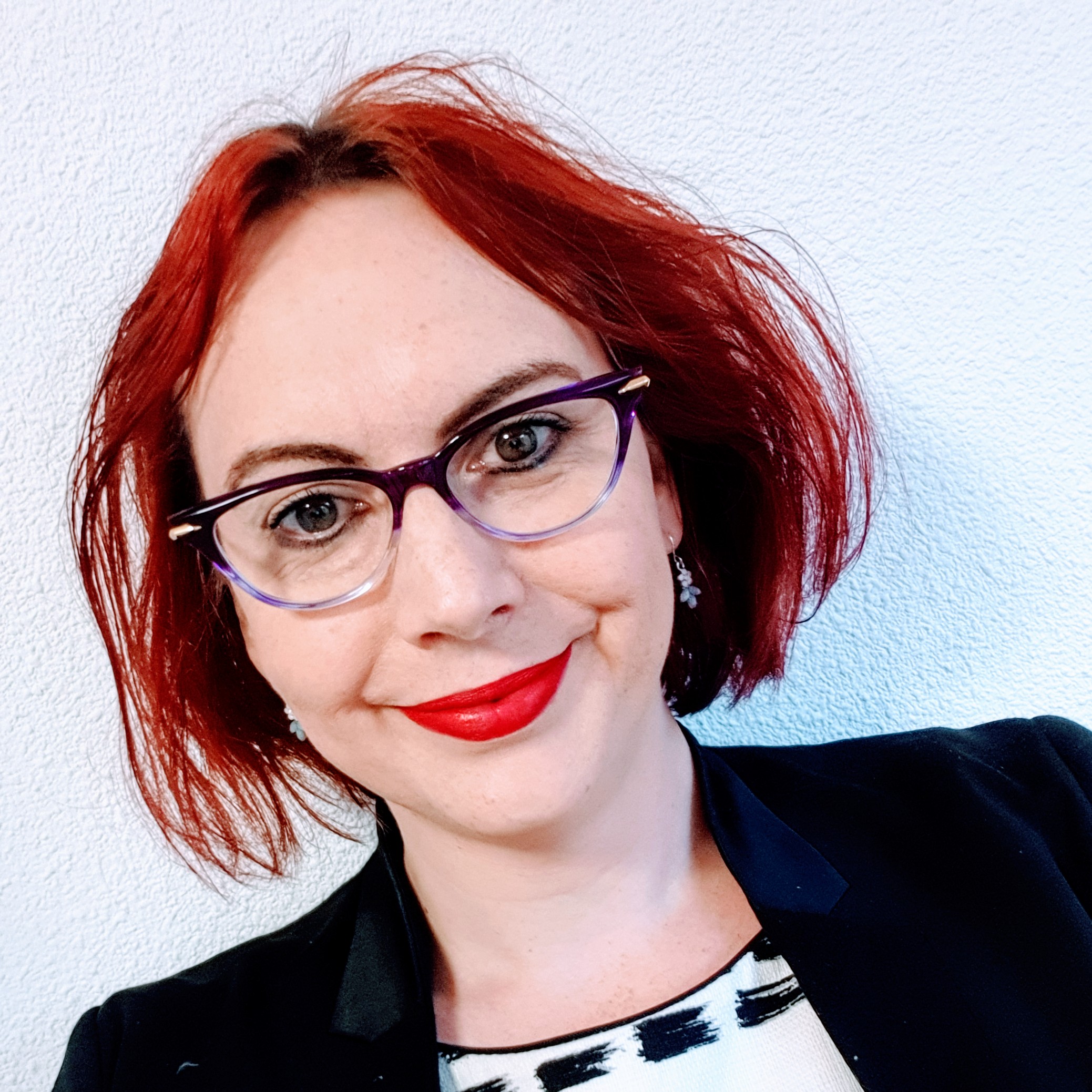
Stacy Cashmore
Stacy is Tech Explorer DevOps at Omniplan
She’s been developing software since the mid-1990s and has been speaking about improving the way we develop software at conferences and meetups since 2018
As well as sparing with the software architect about technical issues, she spends her time helping the development team, and the wider company, with continuous improvement in terms of technical work, process and, of course, working together as a team.
Outside of work she enjoys spending time with her classic car, cooking, playing the piano badly and spending time with her family, doing amongst other things, building a Lego modular building city in their house.
Running a DevOps style production Docker cluster using the Microsoft platform
Getting your .NET Core application to run in a Docker cluster is only the beginning of a journey. It takes more to build and run your application in Azure using DevOps practices. In this session I will show you how we created a mission critical .NET Core application in a Kubernetes cluster in Azure using Visual Studio 2019 and the Azure DevOps platform. You will learn how to design your .NET application architecture to run on Azure, which software patterns to implement for environment flexibility, how to build Continuous Integration and Deployment pipelines for zero-downtime, provision your Infrastructure declaratively using ARM templates and what to do to integrate metrics and instrumentation in your application for real-time monitoring. I will share our lessons learned, so you can get a jump-start running your own application in a similar way.
Speaker(s)

Loek Duys
I am a Cloud Architect at Xpirit and a Microsoft Azure MVP, helping companies modernize their IT all the way; Cloud strategy, DevOps practices, and Continuous Delivery. I spend most of my days helping teams by providing hands-on assistance, solving problems and delivering technical training.
A couple of times per year, I like to speak at international conferences or to provide workshops.
By being a consultant, international speaker, trainer, active contributor to open-source projects, and forum participant, I love to share knowledge with the community.
Some of my recent public speaking & workshop engagements:
- NDC Oslo
- DevConf Krakow
- ESPC Prague
- Container Days Hamburg
- DevDays Europe Vilnius
- DevOps Pro Moscow
Want to know more? Send me a message on Twitter: @LDuys
How to work with virtual teams
Are you working with people in a different location? Do you want to learn how to work and lead your virtual team to a successful resolution and end goal? During this session, you'll receive practical tips for how to lead virtual teams and what you need to know to make your projects and initiatives a success.
Speaker(s)

Emily Luijbregts
Emily has been working in Project Management for over 10 years and has spent the last few years supporting other leaders on their journey of development and progression. She specialises in working with virtual teams and in international environments. She currently works at Siemens Digital Industry Software in Den Bosch, The Netherlands.
She lives in the Netherlands with her husband, 2 children and 2 siberian huskies.
The revival of .NET desktop development
Was there ever any doubt that desktop development is alive and kicking? With .NET Core 3.0 all that doubt, if there was any, should melt away like snow in the sun. Let's have a look at all the juicy goodness that .NET Core 3.0 brings to UWP, WPF and even WinForms! We'll also take a look behind the curtain for what's coming in .NET 5. This talk is aimed at developers who have done, or are doing, desktop development and want to see how bright their future shines.
Speaker(s)
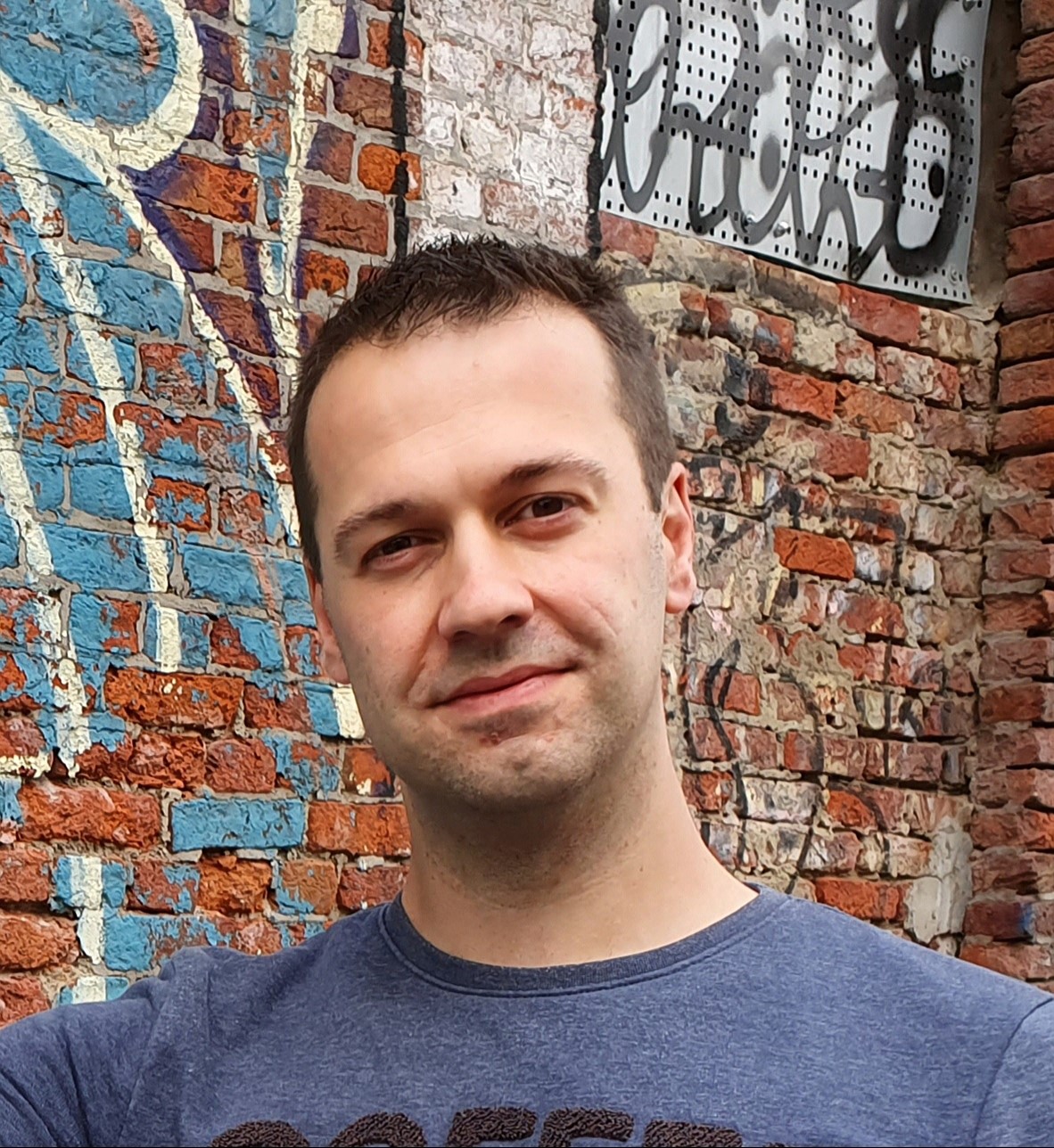
Nico Vermeir
Nico Vermeir, is a Microsoft MVP in the field of Windows Development. He works as a technical consultant at Realdolmen Belgium since 2010, where he has a focus on frontend technologies, from mobile to desktop apps. He spends a lot of time keeping up with the rapidly changing world of technology. He loves talking about and using the newest and experimental technologies, especially in the mobile world.
In 2011 Nico founded MADN, a user group focusing on Windows 8 and Windows Phone development. Together with successfully launching a user group he also started giving technical talks himself, mostly about his biggest passion, mobile development.
Microsoft MVVM: the new Toolkit in town
In 2005 Microsoft introduced MVVM as a software architectural pattern to support the development of XAML apps, originally in WPF and later also in Silverlight.
In 2020 the Microsoft.Toolkit.Mvvm package is a modern, fast, and modular .NET Standard MVVM library that runs on any app platform (UWP, WinForms, WPF, MAUI, Uno, and WinUI) and on any runtime (.NET Native, .NET Core, .NET Framework, and Mono) with an API surface that is the same in all these environments.
In this session we'll walk through this brandnew package to discuss and demonstrate its features regarding data binding, commanding, messaging, and dependency injection.
Speaker(s)
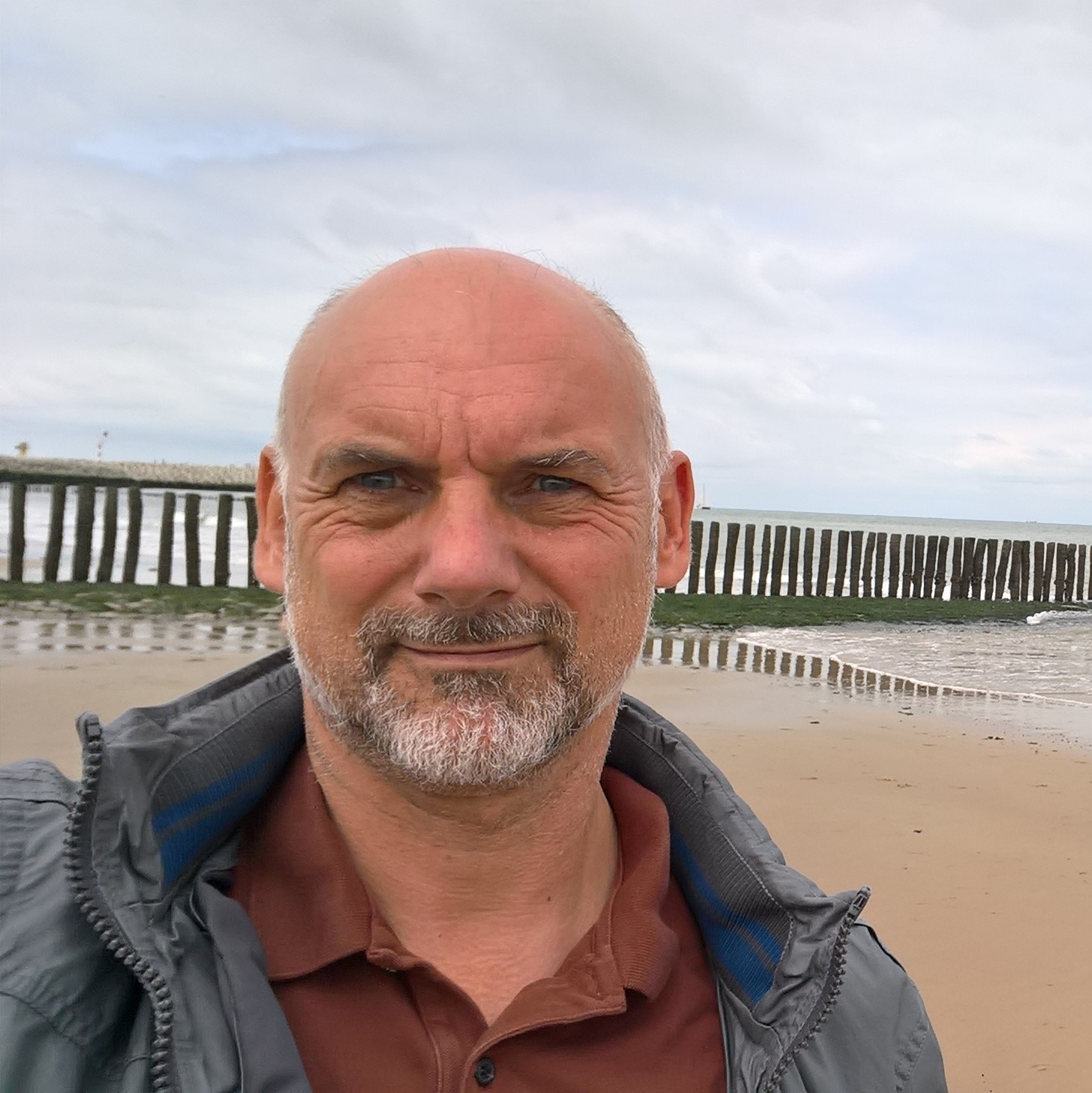
Diederik Krols
Diederik Krols is a principal consultant for U2U Consult. He leads, designs and develops software applications that rely on new or upcoming Microsoft technologies. In his 25-years career he delivered enterprise-wide mission critical projects in the military, financial, medical, and industrial world. Diederik runs the popular XAMLBrewer blog. He is a Windows Development MVP since 2014.
ACR, ACI, ACS, AKS, DCK... aka the Container Alphabet Soup
The world is wild about Containers, and so is Azure! Where container support has been part of the Azure platform for almost 3 years now, based on the recent amount of questions I got on the topic, it seems most partners and customers are only looking at it now. Which comes with the related confusion in terminology and capabilities. And that's exactly what I will show you during my session: how to run Docker (DCK) containers in Azure, by using the different Azure Container solutions available. Starting from the basics, moving to more complex architectures and scenarios. And as usual in Peter's sessions, more live demos than PPTX-talk...
Speaker(s)
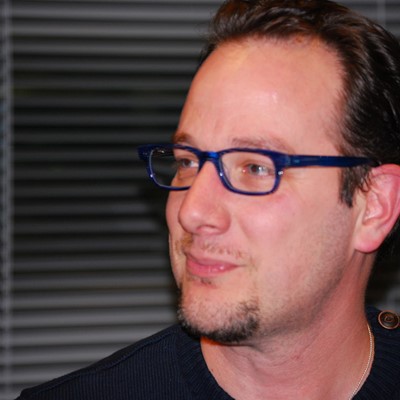
Peter De Tender
Peter is a +20 year IT expert, with a background in Microsoft datacenter technologies. Since early 2012, Peter started shifting to cloud technologies (Office 365, Intune), and quickly jumped onto the Azure platform, working as cloud solution architect and trainer. Mid 2019, Peter took on a position as Azure Technical Trainer within Microsoft Corp, providing Azure Readiness Workshops to larger customers and partners within the EMEA Region and global.
Peter was an Azure MVP for 5 years, is a Microsoft Certified Trainer (MCT) for +12 years and still actively involved in the community as public speaker, technical writer, book author and publisher.
You can follow peter on twitter @pdtit and check his technical blog on http://www.007ffflearning.com
Python for C# programmers
This session will give a short introduction to the Python programming language from the perspective of a C# programmer.
We will go over the core Python language and compare its features with C#. Although many things are similar, you will learn about some interesting and surprising differences between the two languages. Along the way, you'll see what makes Python so wonderfully dynamic and so much fun to work with.
Speaker(s)

Reindert-Jan Ekker
Reindert-Jan is a long-time Python developer and educator. Since 2014 he focuses on teaching programming skills through his company Code Sensei, as well as through online videos as a Pluralsight author. Before that he saw the software development process from many different angles, from QA engineer to lead developer. Python has been his favourite language ever since the early 2000's and he hasn't looked back.
A First Look at C# 9.0
Come join us for a tour around C# 9.0, including record types, immutable data types, improved pattern matching, better target typing, and more. In Bart's usual style, this will be a demo-intensive hands-on talk.
Speaker(s)
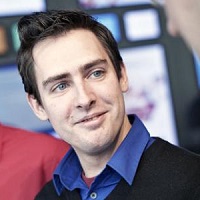
Bart De Smet
Originally from Belgium, Bart relocated to work at the Microsoft headquarters in 2007 after graduating from Ghent University while being a C# MVP.
After having worked on WPF and .NET for a few years, Bart focused on reactive programming for quite some time, helping to build Reactive Extensions (Rx) and large scale event processing systems powering various cloud services.
After a brief stint in AutoML focusing on Python performance tuning, Bart is now focusing on next generation edge computing technologies for autonomous, reliable, distributed, and embedded computing on the edge.
Practical information
Location: virtual
